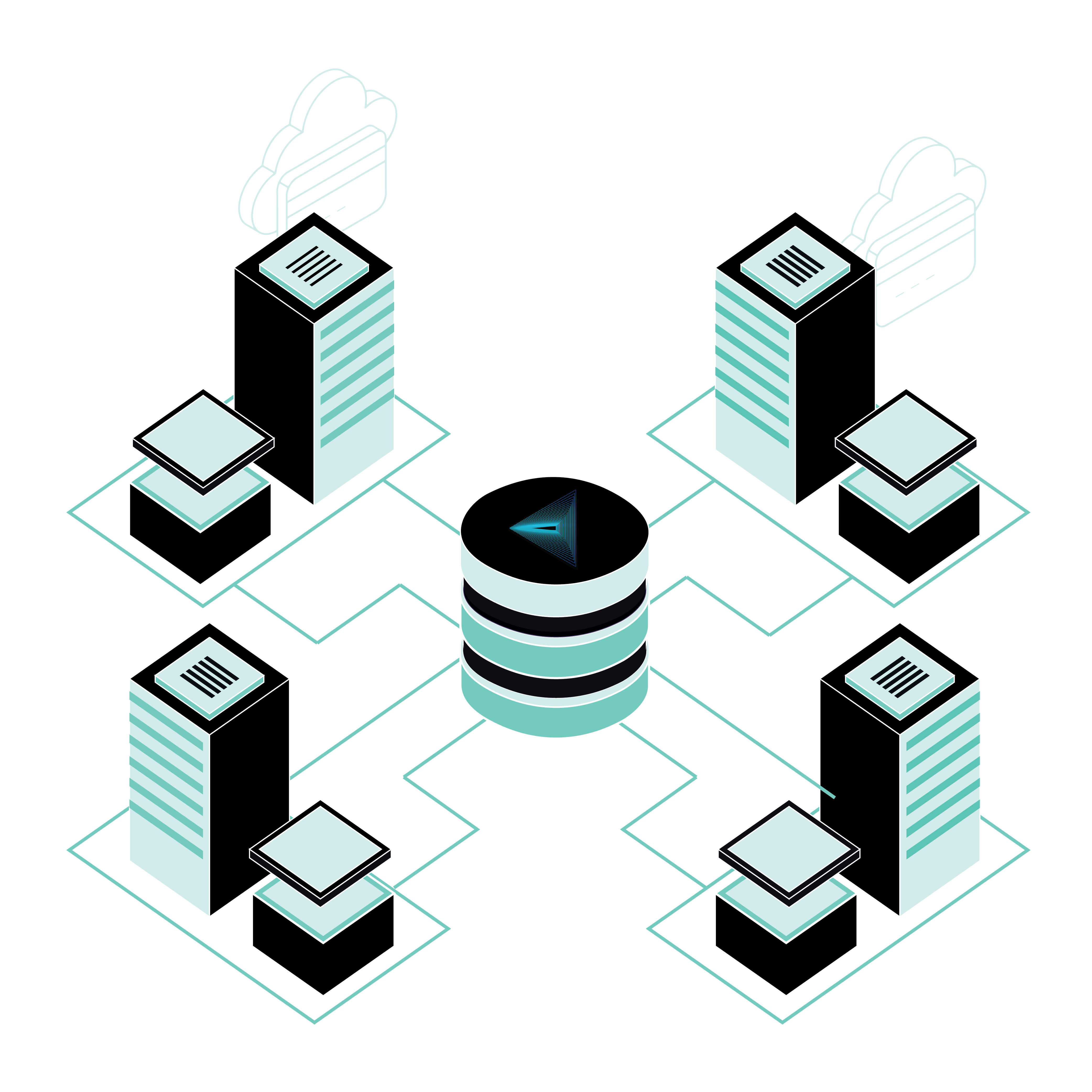
Descriptions
Critical Infrastructure Protection (CIP) is a well-structured way of safeguarding the necessary services and systems that are associated with a company. The term “critical infrastructure” is used because the protected information is usually vital for the company to run securely.
The CIP identifies and classifies these important assets based on their importance for the company’s operations. The CIP also identifies potential threats, cyberattacks and other malicious activities that can sabotage the company’s operations. Critical infrastructure security systems implement rigorous methods to mitigate threats and develop plans to smoothly recover in the event of any malicious attacks.
The vital nature of having a critical information infrastructure makes it an absolute necessity for companies to implement a robust security structure in their operations.
- Cloud-conscious cases increased by 110% in the past year
- Malware-free activities made up 75% of cyber attacks
- The average ransom in 2023 was $1.54M per attack
Why do companies need it?
Critical IT infrastructure protection is crucial for businesses due to the following reasons
- Business Resilience: In case of a cybersecurity breach, the company operations along with the system might face severe disruptions. With pre-defined CIP strategies in place, companies can effectively recover from such incidents and resume their usual operations smoothly.
- Risk Mitigation: Non-compliance can create a huge dent in a company’s financial structure. Many companies come with strict standards concerning CIP because it helps safeguard sensitive information from unauthorized access.
- Financial Benefits: Having critical information infrastructure protection will help in demonstrating a level of security commitment to the consumers. Also, investing in CIPs will help in dodging costly data breaches and saving a significant amount of money.
- Safeguarding Brand Reputation: Any incident related to security or data breach might result in damaging a company’s reputation in the long run. Companies can mitigate those risks by ensuring robust CIP measures.
Benefits of CIP
Incorporating a strong ransomware critical infrastructure is vital for any company. They help companies with smooth operations with the following benefits:
Reduced downtime and financial losses
Effective disaster recovery plans
Comprehensive regulatory adherence
Significant cost savings
Improved customer satisfaction
Expert data protection
